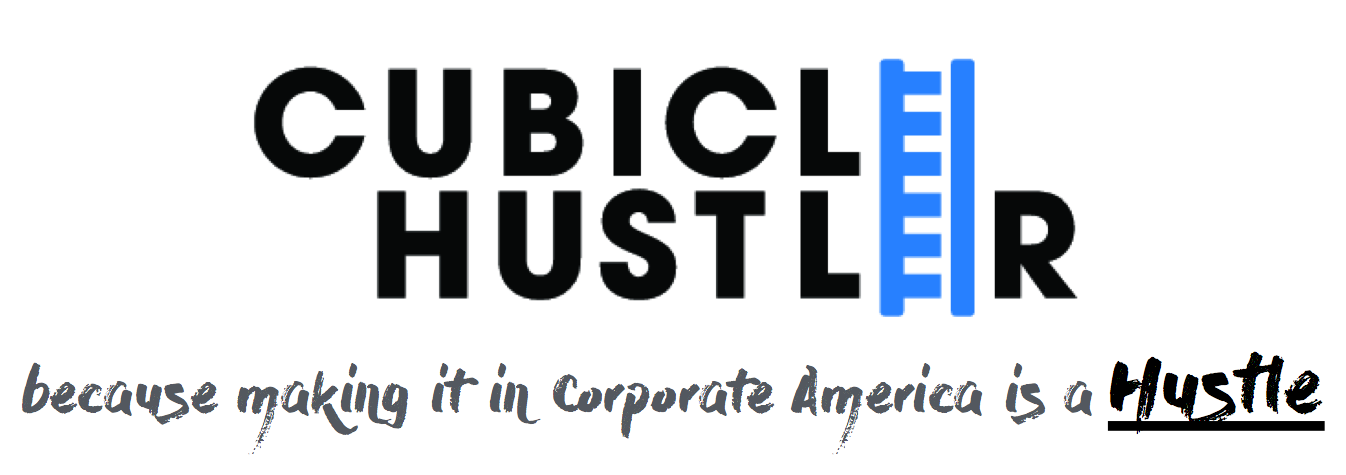Three Ways to Grow Your Career with LinkedIn
/With the recent buyout, LinkedIn is on everyone's lips. We all know that LinkedIn is a great tool for networking and meeting new professional contacts. You are probably using it to find and apply for new jobs already. Quietly, word on the street is that LinkedIn has even become a dating tool to identify eligible professional singles (but I'm not one to gossip so you ain't heard that from me).
Even if you're happy in your current job and company, LinkedIn can still be a powerful tool to guide and inform your career growth.
1. Map Out Your Career Path
For most first jobs, the common advice is to focus on getting your foot in the door. Get someone to take a chance on you, work really hard, and then get promoted to the next level. This isn't bad advice, but it isn't that good either. If you just take a job and work really hard at it with no sense of what could be next, you may look up and realize that you've spent two years grinding away in the opposite direction of where you want to go.
Use LinkedIn to avoid this. Spend some time sleuthing. Figure out how your manager, her manager and the office all-star got to where they are. Look to see what kind of degrees they have, what kind of jobs they held previously, what other companies and industries they worked in before joining your company. This will tell you if in your current role you can expect a linear career path (i.e. coordinator to assistant manager to manager and so on) or if you should expect to move around into different divisions, departments or functions.
2. Identify the Right Experiences
Once you have an idea of what your career path might look like, use LinkedIn to identify which experiences you'll need to get the jobs you want. Pick out your dream job and find someone on LinkedIn who has it. Now, mine their profiles to look beyond the titles they've held to see what they did in each role - what kind of projects did they work on, do they have a combination of internal and client facing roles, what amount of international experience is required, etc.
Go a step further and look at job postings on LinkedIn for 2-3 levels above where you currently are. See what those companies are asking for in terms of responsibilities and experience required. Then search those job titles to find people already in them and see what those requirements look like in action.
Now that you have an idea of the experience you'll need, make sure you're managing your career right now to get them. If your company has a formal goal setting as part of the annual review, work those projects into your goals. If not, just ask your manager.
"I know that to be successful in corporate training, presentation and speaking skills are a must so I'd like to start brushing up on mine now so I'm ready when leading my own trainings is a requirement of my role. Could I start leading or presenting at our weekly team status meetings as a way to practice?"
3. Know When It's Time for a Promotion (or to Promote Yourself)
Understanding what experiences you'll need will also help you know when you are truly ready for a promotion and if you are keeping pace with your peers. Look at the average amount of time those above you stayed in each role. If no one makes it to Director with less than 5 years as a Manager, you'll know that you won't be promoted if you're only on year 2, regardless of how much Director-level experience you already have.
Also, look to see how often people in the role you want in your company were promoted to it internally. There are some companies and departments that are notorious for not promoting internally, especially when people are ready to move from entry-level to middle or senior management. You'll often see that to get to the positions of real leadership and influence, you'll need to leave and go to a competitor or a different industry. If you know this going in, the better armed you'll be in knowing when to make certain career moves.
Any other lesser-known tips for how you've used LinkedIn to help navigate your career?














